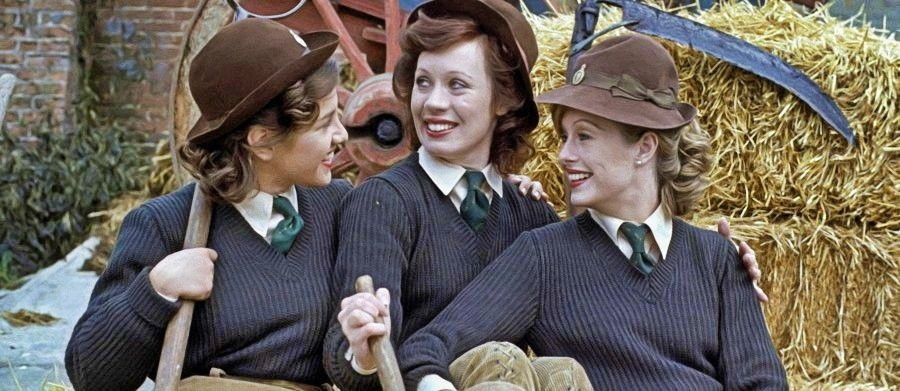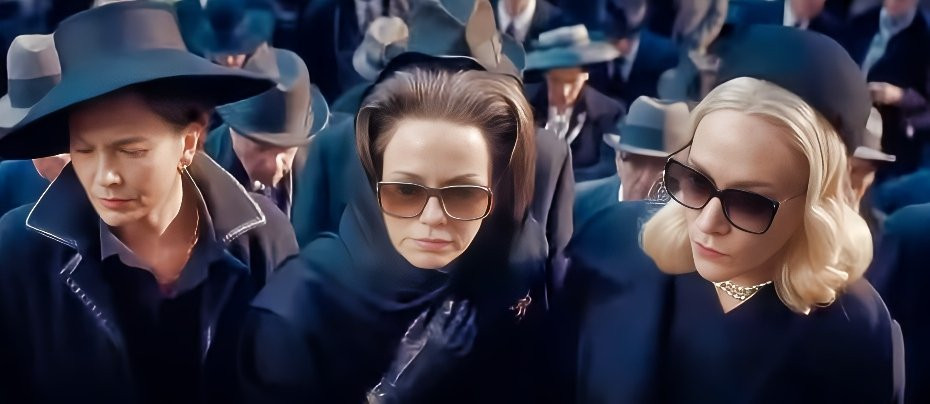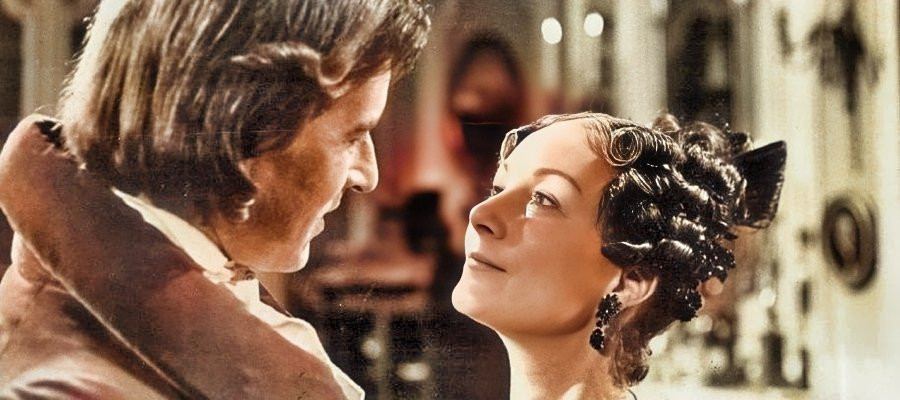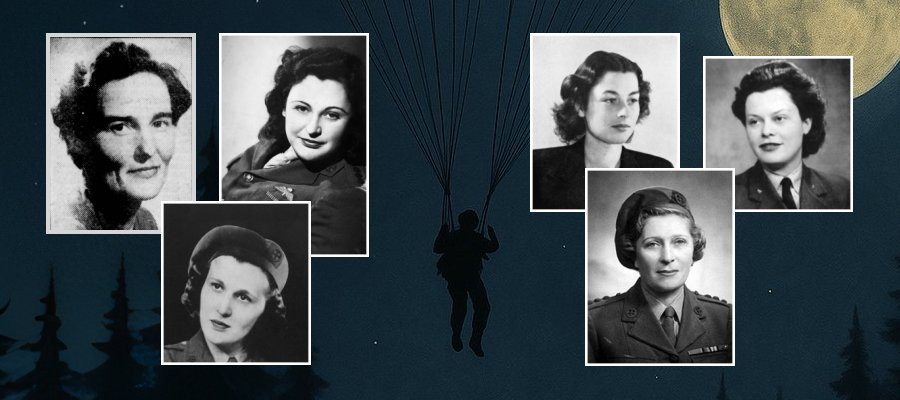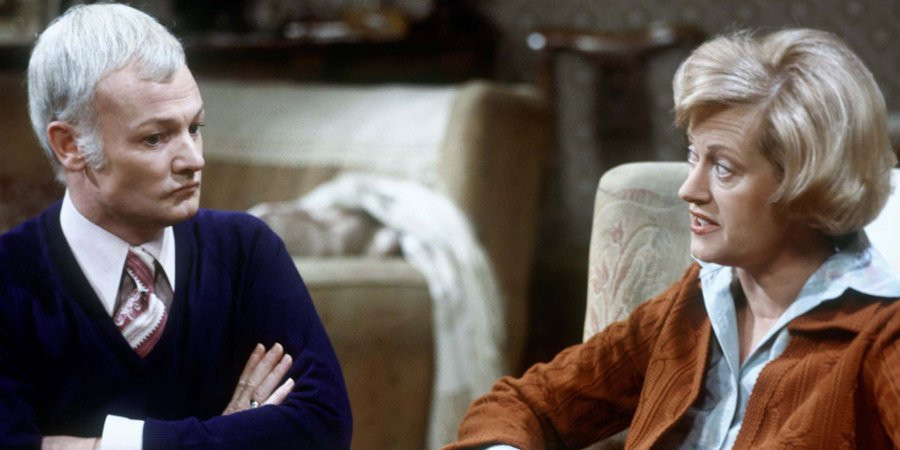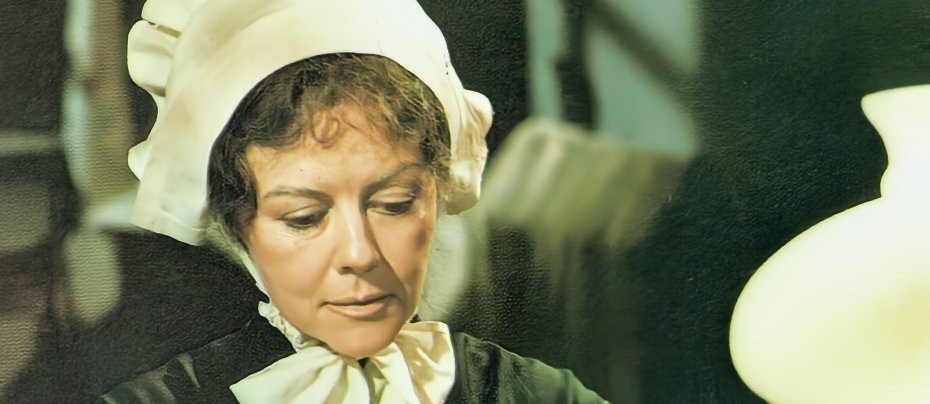
Sister Dora
1977 - United KingdomEver since she was 12, Dorothy Wyndlow Pattison (16 January 1832) wanted to become a nurse. The youngest daughter of Reverend Mark James Pattison and his wife, Jane, (who produced 12 offspring), her childhood was overshadowed by her father's mental health issues and domineering personality. Reverand Pattison, in an attempt to cure his insanity, insisted on being "swung" — whirled around until he passed out. Only the boys in the family received formal education, yet Dorothy would later achieve renown as Sister Dora, becoming celebrated for her contributions to nursing, since described as having accomplished in civilian duty what Florence Nightingale did for military hospitals.
Dorothy's family life was harshly repressive. When her mother was dying, her father forbade her from receiving Holy Communion, further alienating his children. Dorothy's education came from her brother Mark, who had attended Oxford since she was three months old. Despite this, he remained dismissive and even contemptuous of her work throughout his life.
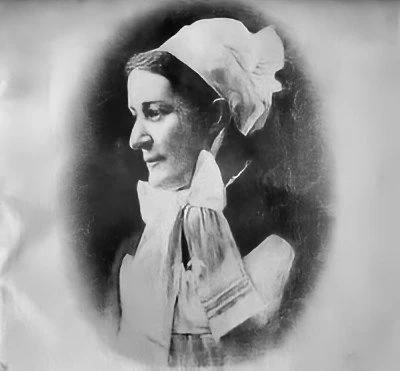
It wasn't until she was 30 that she was free of the family. She took a job as a village school teacher near Newport Pagnall and nursed her pupils when they were ill. Two years later, she entered Sisterhood. "I am not doing my utmost," she said. "I could do more and I could do it by being a sister." She adopted the name Sister Dora and began working in a kitchen and then in a laundry. Members of her family were appalled that she should do such menial work. Then she was moved to the children's ward, then out to a small cottage hospital in Walsall, Staffordshire, where she devoted the rest of her life to nursing.
Until the start of the 1977 series, adapted by eminent playwright Christopher Fry from a novel by Jo Manton, Sister Dora starring Dorothy Tutin in the titular role, was largely unknown outside Walsall. "I always wanted to see Sister Dora brought back to life," said Jo Manton in a TV Times interview in 1977. It was Tutin herself who approached Yorkshire Television's Head of Drama, Peter Wiles, to suggest that Manton's book would make excellent television. "Dorothy Tutin is perfect for the part," said the writer. "A close resemblance and marvellous at portraying her enormous magnetism, I was particularly impressed by how well she captured the relationship between herself and her patients."
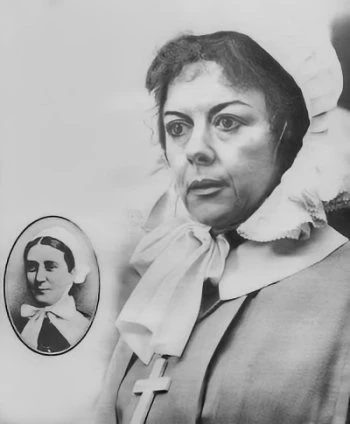
The three-part series begins with Dora's thwarted dreams of marrying James Tate (Richard Kay), the son of a local canon, due to her father's (Bernard Archard) interference. It illustrates how, to cope with her disappointment, Dora immerses herself in the Sisterhood of the Good Samaritan. Later on, her feelings of love are rekindled when she meets the passionate young surgeon Redfern Davies (Roy Marsden), leading her to struggle between her career and love.
A pivotal moment in the series is the heroine's courageous and tireless ministrations to the victims of a disaster on 15 October 1875, when a furnace exploded and hot ashes and a torrent of molten metal spat over the workers. Three of the workers were in such agony that they jumped into the nearby canal. It was reported that a worker jumped in to rescue them only to find that when he grabbed their arms and legs their flesh came away. Yorkshire Television, when they came to recreate this scene, called in the James Bond films effects technicians to film the explosion from inside a protective box.
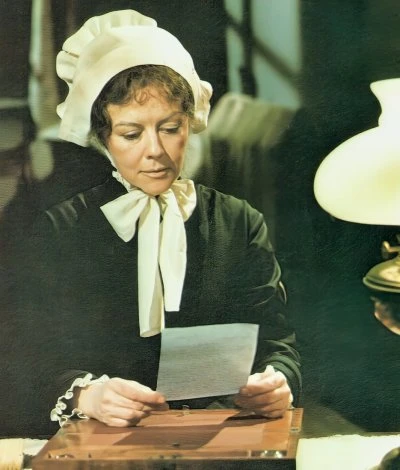
Following the disaster, a new hospital was designed to minimize infection, though Sister Dora never worked there. In 1877, she was diagnosed with breast cancer, a secret she kept. Despite her illness, she became a local hero, with her image adorning many Walsall homes. She humbly responded, "Everybody is so good and kind to me. I am only afraid I shall get spoilt. But I have learned to love God more. Eternity has become real." Sadly, she passed away on Christmas Eve, 1878, before the new hospital opened.
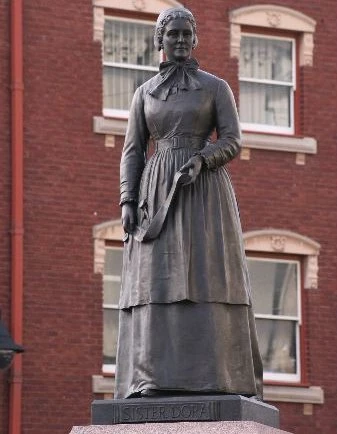
Dorothy Pattison's legacy endures. A gifted and visionary nurse and very much ahead of her time, the respect and love she elicited was never more apparent than when eighteen railwaymen, in their uniforms, carried her plain coffin to its resting place as thousands of people lined Bridge Street to pay their respects. A statue of Sister Dora stands in Walsall town centre, and the Walsall Manor Hospital's outpatient department bears her name. Additionally, the Dorothy Pattison Hospital, dedicated to mental health, is part of the Dudley and Walsall Mental Health Partnership NHS Trust. An annual tribute is held at St Paul's Church in Walsall on the Sunday closest to her birthday. Her contributions to nursing continue to be remembered and celebrated.
Seen this show? How do you rate it?
Seen this show? How do you rate it?
Published on May 20th, 2024. Written by Laurence Marcus for Television Heaven.



